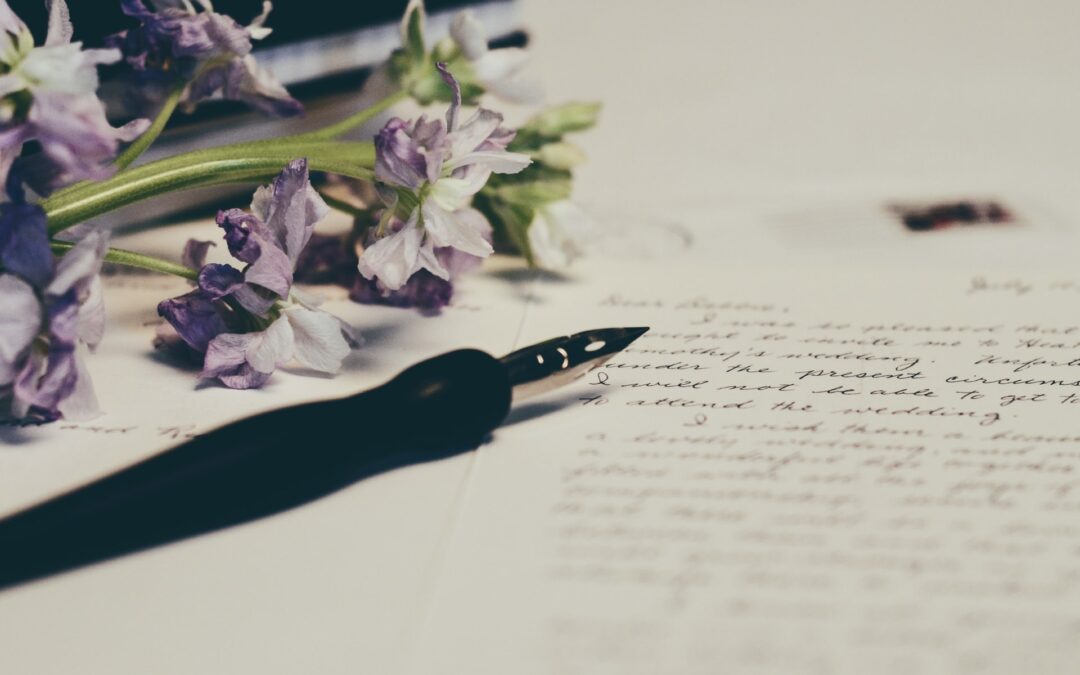I just returned from a week-long writing retreat with my sister, Bec, and wow, was it amazing.
I’ve come a long way since my disastrous 2015 retreat experience, and I strive to make each year’s retreat a little better, more productive, and (paradoxically) more restful than the last. Here’s what I learned this time around, in no particular order.
- A schedule helps. I generally dislike structure, but I can’t argue with what works. Bec and I got up every day around 7, arrived at our fave coffee shop around 8, and wrote until noon before breaking for lunch and a walk. We’d fit in a light afternoon writing session or nap (depending on energy) before dinner, squeeze in a power hour of writing after dinner (again, if we had the energy), and then crash on the couch with a movie. Setting aside dedicated time and space to be creative really helped with decision fatigue and resistance.
2. Stay flexible. Few things ever go perfectly according to plan/schedule. Instead of fighting life as it happens, make your peace with it, and embrace and be present in whatever happens along the way. Interruptions and delays can be opportunities in disguise.
- Be realistic, and allow yourself to rest. You’re probably not going to write vigorously 8 hours a day for 7 days in a row, especially if you’re not used to doing that already. Give yourself permission to take a nap if you need it, or to go for a walk if your energy and/or creativity are flagging. Don’t push yourself past any breaking points. Remember that rest is a crucial part of the creative process — it’s how your brain heals, grows, and replenishes its creativity for the next day.
- Bring a book (or, y’know, two or three). Creativity isn’t just all output — our brains curate what we take in from the world around us and borrow from the creative material we use as input. Be intentional about the book(s) you bring with you, and be sure to make time and space for reading.
- Bring earplugs. If you’re retreating to a new space, sleep may be elusive. Our Airbnb was fantastic — except for the traffic, slamming doors, etc. I’m glad I brought earplugs in bulk. (They were also very useful at the coffee shops that blasted music nightclub-style, and for tuning out loud talkers on the airplane.)
- During your retreat, think about how you would like to exist as a writer post-retreat. What do you want to take with you from this experience? What will be useful for everyday life? Jot notes or write journal posts during your retreat about how you’d like to enrich your life as a creator going forward, and make sure to implement those takeaways when you return to the “real world”.
Remember, a writing retreat is what you make of it. You don’t need to spend a lot of money or even leave your state/city/home. A writing retreat can be a week in an isolated cabin in the woods, three days at a nearby hotel, a weekend with the house to yourself, a series of afternoons in your basement with the door shut — whatever works with your life as it is right now.
How about you? Have you ever done a writing/creative retreat? What lessons did you take away from the experience? Comment below and let me know.
Words & warmth,
Sarah

